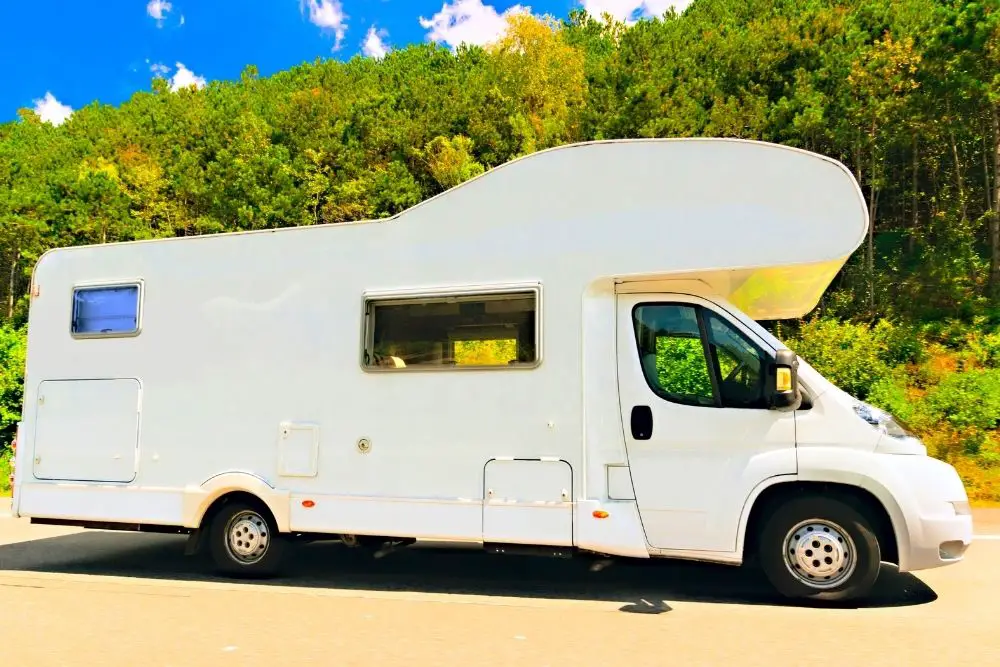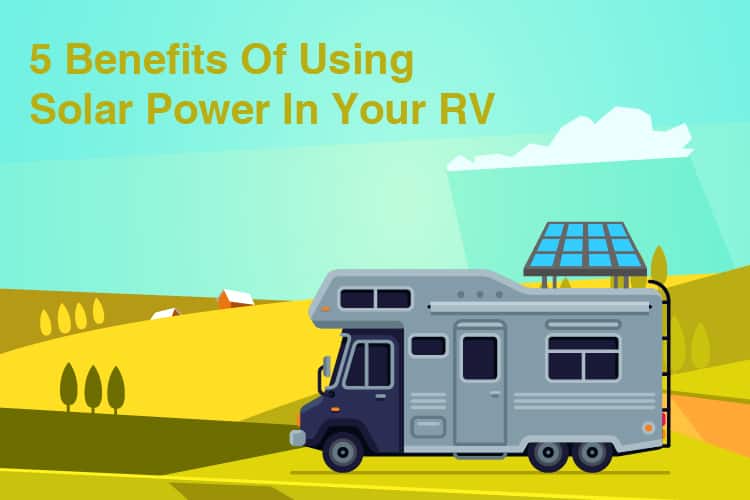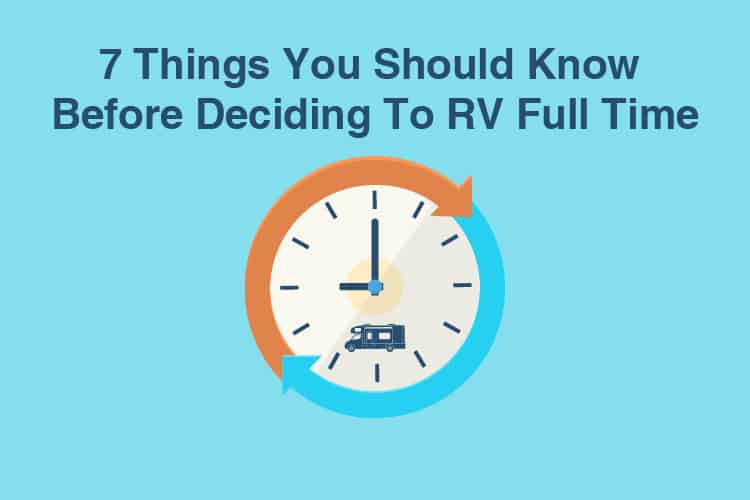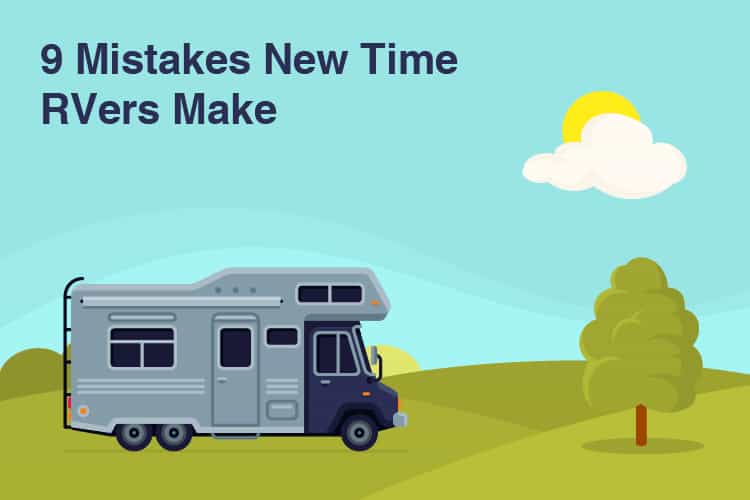Buying a camper van isn’t just about sending your money to someone, hopping behind the wheel, and starting your new journey. Whilst there’s an abundance of campers for sale out there, that doesn’t mean that every single camper is an ideal one for you.
For example, you might find a camper that seems perfect – it’s the right size and drives beautifully – but it has no title. Or, your camper’s title was stolen or damaged.

As with buying and owning a car, you need to take the necessary steps to officially and properly own a camper to prevent legal troubles – and this comes in the form of getting a title.
Whether you’re concerned about a title-less camper that you’re interested in buying or if your camper has never had a title, here is the ultimate guide on how to get a title for a camper that doesn’t have a title.
What is a title for a camper?
A certificate of title is the official document that proves that the camper is legally yours. In short, a camper without a title still legally belongs to its previous owner. This means that the previous owner has the legal right to say that you are stealing the vehicle, which can lead to a whole load of trouble.
A title is often called a “pink slip” and is essentially a legal document that proves you own the vehicle. It will contain information about the camper, which is essential for preventing legal troubles in the future.
Lots of recreational vehicles will require a title, which is issued by the Secretary of State or the Department of Motor Vehicles (DMV). In most cases, new camper owners will have registered and will automatically have a title for their camper, but some campers on the market won’t have them.
Can a camper have no title?
Whilst it isn’t wise, some campers can have no title. There are several reasons for this – some of which are reasonable and legitimate, whilst others are slightly more tactical and less trustworthy. It is therefore important to understand why some campers don’t have titles to prevent you from getting into some serious legal trouble.
1. The owner was unaware
In some cases, the owner of the camper might not have known that a title was necessary. Everyone knows that a car needs a title, but some people haven’t quite got the memo for camper vans and RVs. It’s all because different states will have different laws about titles. For example, in Florida, a trailer that weighs less than 2,000 pounds does not require a title.
2. The paperwork has gone missing
We’ve all been in a situation where we have lost important documents. It’s a matter of life when you’re a disorganized person. Did I keep it inside the camper, or is it in the filing cabinet of hundreds of other important documents at home?
This is mostly the case for old vehicles. Some campers might be over 30 years old and might never have required a title, or the owner might have lost it over time. This is the most common reason why campers don’t have titles, and usually the most legitimate reason, too.
3. The document was destroyed
Similarly, people who have owned campers for years or decades might not care too much about keeping the title documents safe, which might have led them to get stolen or be destroyed. Campers have seen a lot, after all, and there’s always a chance that the documents have ended up somewhere they shouldn’t have.
If the owners kept their documents at home, this also doesn’t mean the paperwork is completely safe. They could have been burgled or experienced a fire or flood that damaged the paperwork to no return.
4. Private sellers
Buying a camper from a dealership is usually the fastest and smoothest process as the professionals can deal with the paperwork, which is why dealerships are so popular for beginner camper owners.
You can buy from private sellers, but you will need to transition and complete the paperwork by yourself. If the title hasn’t been passed on amongst the documents, then the camper is still legally the private seller’s property.
5. Stolen, inherited, or abandoned
Whilst these are rare situations, a camper might not have a title because it was stolen. If you then buy a stolen camper (either with or without knowing it), then the original owners have the right to take you to court for theft rather than the person who sold it to you.
On a less serious note, a camper that was inherited might not have needed a title as it was within the same family. This can be a problem when the camper is then sold, as the documents must be found or started from scratch. Similarly, an abandoned camper will be ambiguous as to where the title and other documents are.
Should my camper have a title?
Without a doubt, your camper should absolutely have a title. If your camper doesn’t have a title, the vehicle doesn’t officially and legally belong to you. You probably won’t be able to get insurance without a title, and you definitely cannot get a license plate.
If anything, it’s actually illegal to not have a title. Of course, it depends on each state’s laws, but authorities will have the right to claim your camper without a title because it is technically stolen.
You could easily be charged for theft, which will only land you in more loss of money – which will render the camper completely useless. This is the biggest risk of buying or using a camper without a title.
You must update your details from the original seller (unless you bought the camper from a dealership) once you buy the camper, otherwise the vehicle still belongs to the previous owner. The original seller can then claim that you have stolen or damaged the camper because they have viable proof of ownership.
In short, your priority is to focus on getting a title more than it is to buy the actual camper. It is also your priority to make sure that you have organized a title and you are prepared to hand the documents over to buyers if you are selling your camper.
It doesn’t matter whether you are getting a title for a camper you are literally about to sell – buyers are much less likely to want to buy a camper without a title due to the legal troubles they could face in the near future.

How to get a title for a camper?
In most states, getting a title for a camper is similar to getting a title for a car. You will just need to find the appropriate documents to show to the DMV. The DMV will want proof to know whether the vehicle has been stolen and how clear the legal situation is before they allow you to get a title.
1. Get an application
You can get an application for a title easily on the DMV’s website. This is a straightforward task, but each state will have different requirements of documentation and will therefore have different application forms.
2. Complete the application
Of course, you will need to fill out the application. Some people prefer to go to the DMV and ask an officer for guidance to make sure they complete the application properly. If you are worried about not getting something right, or if you have a question about a particular question, it’s best to leave the box empty until you have an answer.
Some of the data you will need to provide includes:
- Vehicle Identification Number (VIN)
- Camper’s make, year, license plate number, and mileage
- Vehicle specifications – the gross vehicle weight is important to check for modifications that could affect your application
- Personal information – date of birth, name, address, employee identification number, driver’s license number, and social security number
- Lein information (if applicable)
- Transfer on death beneficiary (so the title can continue and be transferred through inheritance)
- Camper’s tax status
- Notary stamp if required
- Your name, signature, and the date of completion
If you don’t know the weight of your camper, there is a way to get this sorted. Highway weighing stations are the easiest way to get an accurate figure of the weight of your camper. These stations are technically meant for weighing trucks, but if you go on a less busy day, the attendants might be able to weigh your camper.
If you cannot go to a highway weighing station, you could always try to find another large scale at a factory, landfill, or recycling plant. It doesn’t really matter how you get the vehicle weighed as long as you get an accurate figure. This is because some states will have requirements on what campers need a title depending on their weight.
3. Gather the necessary documentation
It’s better to gather every type of information you think you might need to qualify for a title. This will include your driver’s license, certificate of origin from the manufacturer, bill of inspection, proof of lien status (if applicable), and bill of sale. The DMV is there to help you to gather all of this information.
The bill of sale is verification of the official selling of the camper to the new owners in exchange for money. Both the buyer and new owner must keep hold of the bill of sale as evidence in case of future legal troubles.
If you have the original title of the camper, getting the bill of sale is usually easy as the DMV can just transfer the details. If the camper came without a title (or perhaps you have lost yours), you should look to get a certificate of origin from the manufacturer of the camper.
To make a bill of sale, you will need:
- Price
- Date of sale
- Vehicle Identification Number (VIN)
- Camper’s previous tax status
- Contact information and signatures from both the buyer and seller, including signatures from third parties.
You will need a certificate of origin regardless, but you should definitely get one if you don’t have a bill of sale. Dealerships usually send this information directly to the DMV, but you will have to sort this information out yourself if you are buying the camper secondhand.
Your camper must be inspected by the Department of Transportation to see if it reaches the state’s safety standards. They will inspect the side and rear reflectors, tires and brakes, visibility of license plates, and the headlights and taillights.
4. Pay the fees
Once you have completed the application, you must then pay the fees. The cost of this will depend on your vehicle’s information, so you will need to find out the figure online or through the DMV.
5. Deliver the form
Before delivering the form, you might want to check with an officer at the DMV to see if you have successfully completed the application without missing out on information. You can then either mail or hand in the form to the DMV. It can take anywhere from 2 – 6 weeks for you to get your title, but remember that this process might be extended if you live in a state that requires registration, which will take another 30 days to process.
Built Campers
Some people will have built their campers through modification of old RVs and buses, which means they won’t have access to a bill of sale or certificate of origin from the manufacturer – as the manufacturer is themselves.
Instead, you can get a “Scrap Title” from the DMV, which is an official title for vehicles that didn’t exist previously. You can then get a new Vehicle Identification Number.
When you have your title
Congratulations, you have completed the application process! This means that the vehicle is officially yours to keep and the camper has no legal ties to the previous owner, which could save you from a lot of legal troubles in the future.
Your seller will not have the right to claim that you have stolen the camper with hopes of them getting some money because you will have the title.
If your title application has been approved for when you are looking to sell your camper, you might think the process was unnecessary considering you’re about to sell the vehicle. However, the buyers will be thankful for the title and can easily change the details so it legally becomes theirs.
Conclusion
As you can see, a camper needs to have a title. A camper without a title is open to a range of potentially detrimental legal troubles, as the vehicle will only belong to the owner of the title. Fortunately, getting a title for a camper without an existing title isn’t difficult!





